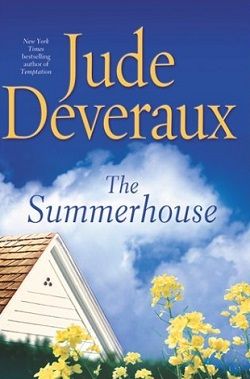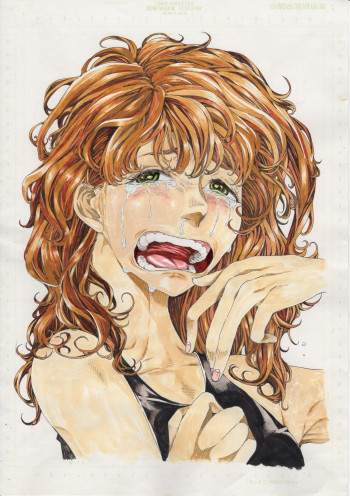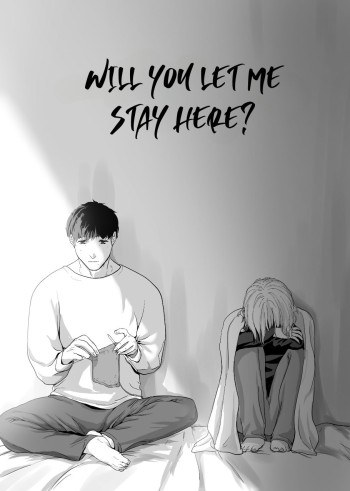Jude Deveraux's The Summerhouse is a poignant exploration of friendship, regret, and the complexities of life choices, wrapped in a narrative that invites readers to ponder the age-old question: what if? Set against the backdrop of a charming summerhouse in Maine, the story revolves around three best friends—Leslie Headrick, Madison Appleby, and Ellie Abbott—who are on the cusp of turning forty. As they gather to celebrate their shared birthday, they find themselves at a crossroads, reflecting on their lives and the paths they have taken.
The novel opens with a sense of nostalgia and introspection, as each woman grapples with her past decisions. Leslie, a suburban wife and mother, is haunted by the memory of a college romance that could have altered her life significantly. Her character embodies the struggle many women face: the balance between familial responsibilities and personal aspirations. Deveraux skillfully portrays Leslie's internal conflict, making her relatable to anyone who has ever wondered about the road not taken.
Madison, on the other hand, represents the sacrifices made in the name of love. Having abandoned a promising modeling career to support her high school boyfriend after an accident, she is left questioning her choices. The emotional weight of her story resonates deeply, as it reflects the often-unspoken sacrifices women make for their partners. Deveraux's treatment of Madison's character is both empathetic and realistic, showcasing the complexities of love and loyalty.
Finally, there is Ellie, a successful novelist whose life takes a downturn after a bitter divorce. Her journey is particularly compelling, as it delves into themes of self-worth and resilience. Ellie’s struggle to reclaim her identity and confidence after her marriage falls apart is a powerful reminder of the impact relationships can have on our self-perception. Deveraux captures the essence of Ellie's despair and determination, making her character's arc one of the most inspiring in the novel.
The introduction of the enigmatic Madame Zoya adds a layer of intrigue to the narrative. This mysterious figure offers the three friends a chance to relive any three weeks from their past, presenting them with the opportunity to explore their "what-might-have-beens." This fantastical element serves as a catalyst for the characters' development, pushing them to confront their regrets and desires. The concept of time travel, while not new in literature, is executed with a fresh perspective, allowing readers to engage with the characters' journeys on a deeper level.
As the women embark on their respective journeys through time, Deveraux masterfully weaves together themes of friendship, self-discovery, and the quest for happiness. Each woman's experience is unique, yet they are united by their shared history and the bonds of sisterhood. The author emphasizes the importance of friendship as a source of strength and support, illustrating how these relationships can help individuals navigate the complexities of life.
One of the most striking aspects of The Summerhouse is its exploration of the idea that happiness is not solely defined by external circumstances but is also a product of one's mindset and choices. As the characters relive pivotal moments in their lives, they come to realize that the past is not merely a series of events but a tapestry of experiences that shape who they are. This realization is both liberating and empowering, encouraging readers to reflect on their own lives and the choices they have made.
Deveraux's writing style is engaging and accessible, making it easy for readers to become immersed in the story. Her vivid descriptions of the summerhouse and the surrounding Maine landscape evoke a sense of warmth and nostalgia, enhancing the overall atmosphere of the novel. The dialogue is natural and relatable, further drawing readers into the characters' lives and emotions.
In comparison to other works that explore similar themes, such as One Day by David Nicholls or The Time Traveler's Wife by Audrey Niffenegger, The Summerhouse stands out for its focus on female friendship and the unique bond shared by the three protagonists. While both of those novels delve into love and loss, Deveraux's narrative emphasizes the importance of female camaraderie and the support that comes from shared experiences. This focus on friendship adds depth to the story, making it not just a tale of individual journeys but a celebration of the connections that enrich our lives.
Overall, The Summerhouse is a beautifully crafted novel that resonates with anyone who has ever contemplated their past and the choices that have led them to their present. Jude Deveraux's exploration of friendship, regret, and the pursuit of happiness is both heartfelt and thought-provoking. The characters are well-developed and relatable, each representing different facets of the female experience. As they navigate their pasts and confront their desires, readers are left with a sense of hope and the understanding that it is never too late to seek fulfillment and joy.
In conclusion, The Summerhouse is a compelling read that encourages introspection and celebrates the power of friendship. It is a reminder that while we may not be able to change our past, we can always choose how to move forward. Deveraux's novel is sure to resonate with readers, making it a worthwhile addition to any bookshelf.
























Reviews 0
Post a Reviews: